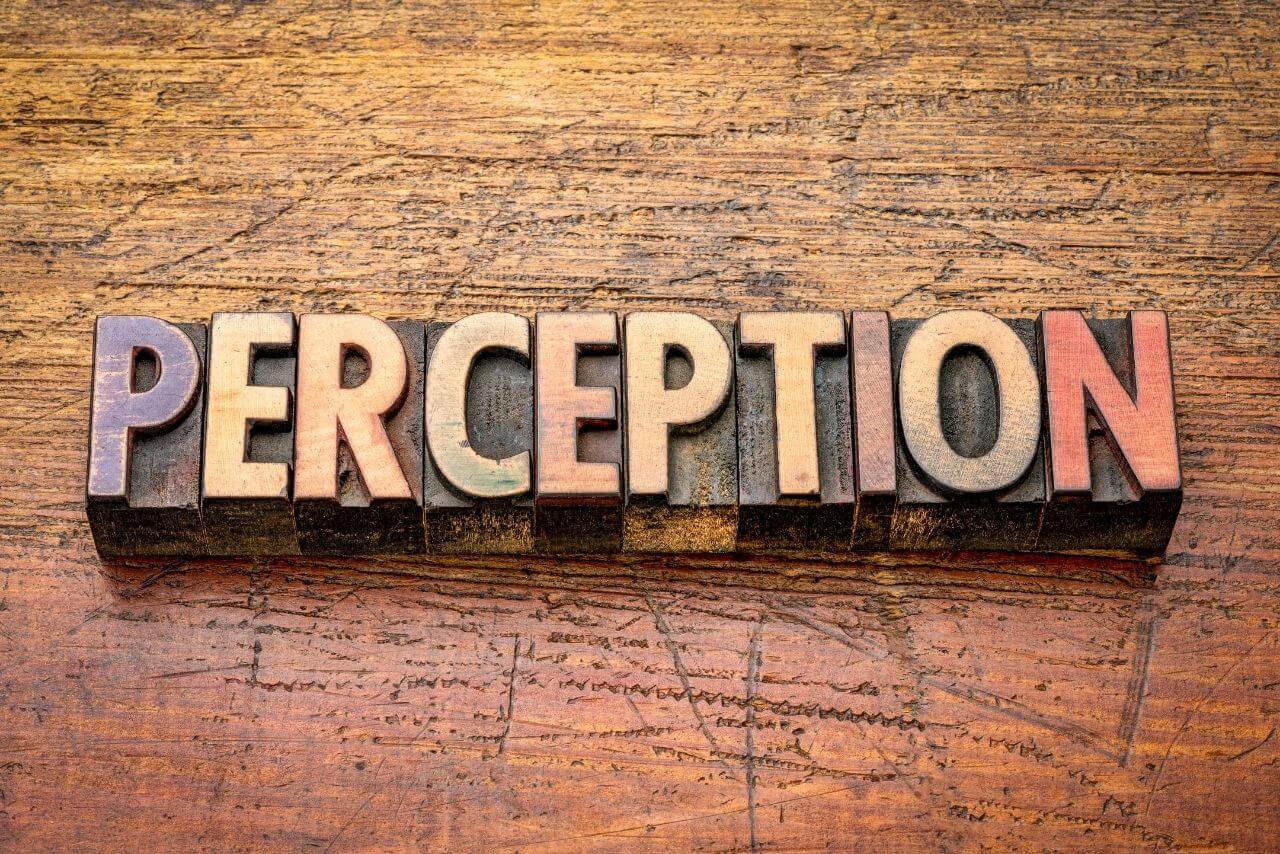
Part 1: Perceptions that Make Sense But May Not Be So

By David C Forman, president Sage Learning, Author: Fearless HR
Why is it that when testing out a concept for a new restaurant, people are willing to spend more money if the restaurant is named Studio 97 rather than Studio 17? How is it that a tall person with a deep voice is perceived to be more capable than someone without these qualities? How come the key to selling more Italian wine in a store is to have opera music in the background? And why would people come up with wildly different estimates for the sum of 8x7x6x5x4x3x2x1 as compared to 1x2x3x4x5x6x7x8?
Or how about this one: Why do we buy more soup when it is on sale (e.g., 3 cans for $5) than when it is cheaper to purchase individually (at $1.50 per can)?
These very different examples make little sense, except that these instances have been replicated over and over in scientific experiments. The reason: It seems that we are not as rational as we think we are. Our operating system, apparently, is not in full control; and something else intervenes. It turns out that our brains, as they have been taught to do over the millennia, seek short cuts (heuristics) in a complex world overloaded with data and alternatives. The quick choices that we make based on our internal algorithms can unconsciously go astray.
Not surprisingly, this imperfection in our intellectual armor has attracted considerable attention. Amos Tversky and Danny Kahneman are two psychologists who delved into this interesting, but anomalous behavior. The latter won the Nobel Prize in economics, and both are warmly portrayed in Michel Lewis’s wonderful book, “The Undoing Project.” As humans, we think fast and slow; and our two selves—fast thinking for survival and slower, more rational thought—often battle each other. Other scientists have contributed to the discussion of how judgments are made and the fact that unconscious bias often intercedes. The field of behavioral economics is in full bloom, and new professions are emerging to add to our understanding of how we are wired as people. My favorite new job titles are evolutionary psychologist and organizational anthropologist.
Given these apparent contradictions in a rational order, let’s take a closer look at two categories of statements. The first is the statements that seem to be true, reflect conventional wisdom, and would not seem to be worth the time to challenge. But perhaps they should be. Then there are statements that are almost contradictions themselves but are worth greater thought. My favorite example of these latter statements comes from Yogi Berra, both a great catcher and American philosopher, who makes ridiculous statements that turn out to be somewhat profound. “When you come to a fork in the road, take it,” or “We’re lost, but making good time.” At the very least, these cause us to think twice.
Statements that make sense and seem logical; but may not be the best advice.
- I am working on a tough problem so I need to stay longer at the office. The best course of action is to go home, engage in other activities and let your unconscious mind go to work. Our unconscious mind is much better at thinking through complex problems; too much intentional focus freezes thought and stifles creativity. It turns out that the old adage—let me sleep on it—is quite true.
- Build credibility for an initiative by emphasizing its benefits and strengths. Actually, not. Everyone expects a sales pitch and that projects and proposals will be put in the best possible light; but interestingly, trust and credibility are gained by doing exactly the opposite. For example, the next time you make a presentation seeking support for a project, include not only the barriers or downsides, but also why stakeholders should not support the plan. This can lead to a very different discussion and exchange, much more honest and substantive than reactions to a typical, one-sided marketing pitch.
- I feel like I am not doing my job (and earning my salary) if I don’t work long hours and stay electronically connected. Many people feel this way but they need to pay attention to science. Don’t confuse busyness with productivity. People are not productive working long, interrupted hours. Our thought processes decline after 90 minutes of intense focus and we need periods of renewal, such as taking a 20 minute walk with a colleague. If we get less than 6 hours of sleep, the effect is similar to being intoxicated at work the next day. And being tied to mobile devices is literally addictive; and leads to shallow work as opposed to making real substantive contributions. On average people check e-mail and mobile devices 150 times per day and lose 21% of productive time. Experiment with moving away from antiquated social norms that impede rather than promote productivity.
- People are most engaged when they relax. Ah, the mental image of the hammock and a glass of lemonade; but no, we are most engaged when we are challenged. This is best articulated by the concept of flow and the satisfaction we get from assignments that stretch our physical and mental capabilities. This is the Learning Zone in which we feel alive, challenged and energized. Angela Duckworth (Grit, 2016) talks about a rule they have in their family. It’s called the Hard Thing rule and each family member choses one. You can’t quit until the end of the commitment, and then each person gets to pick his or her next gritty thing, whether it be playing the violin, developing a new skill or hobby or extending your capabilities in some way. Totally cool way to engage the family.
- Hire candidates who are the strongest cultural fit. Sounds good but nope. Southwest Airlines is famous for articulating its hiring philosophy: Hire for values and train for the rest. Cultural fit is an valuable consideration: More people leave their jobs because of a cultural mismatch than technical skills issues. But cultural fit is not the only or most important consideration. In the case of cultural fit, group think and homogeneous organizations can emerge if everyone is the same. It is essential to have people who think differently, challenge prevailing thought and even have competing perspectives on issues. Disney was a pioneer in computer animated graphics technology but felt this technology threatened its traditional business; Polaroid was an early leader in digital cameras, and Phillips had the inside track on the iPod. They all passed on these opportunities, rather expensively. No one wanted to rock the boat. Rather than hire for narrow cultural fit, hire for cultural diversity and contribution.
Mark Twain deserves the last word for part 1. “It ain’t what you don’t know that gets you into trouble. It’s what you know for sure, that just ain’t so.”
(End of Part One – CLICK HERE for Part Two)
…
Meet the author at the upcoming Talent@Work Forum
Written by: Dave Forman
Employee Engagement Employee Experience Leadership Recruitment Strategy & Transformation Teamwork
Previous post

- 67
labelArticles today2022.02.16.
Wisdom from Paradoxes, Juxtapositions, and Ourselves – part two
Click HERE for Part One. Part 2: Seeming Contradictions That Work So By David C Forman, president Sage Learning, Author: Fearless HR Ready for more? To start, one more Yogi [...]
Similar posts

labelArticles today2024.07.24.
AI-Powered HR: Strategic Benefits and Practical Applications

labelArticles today2024.06.24.









Post comments (0)